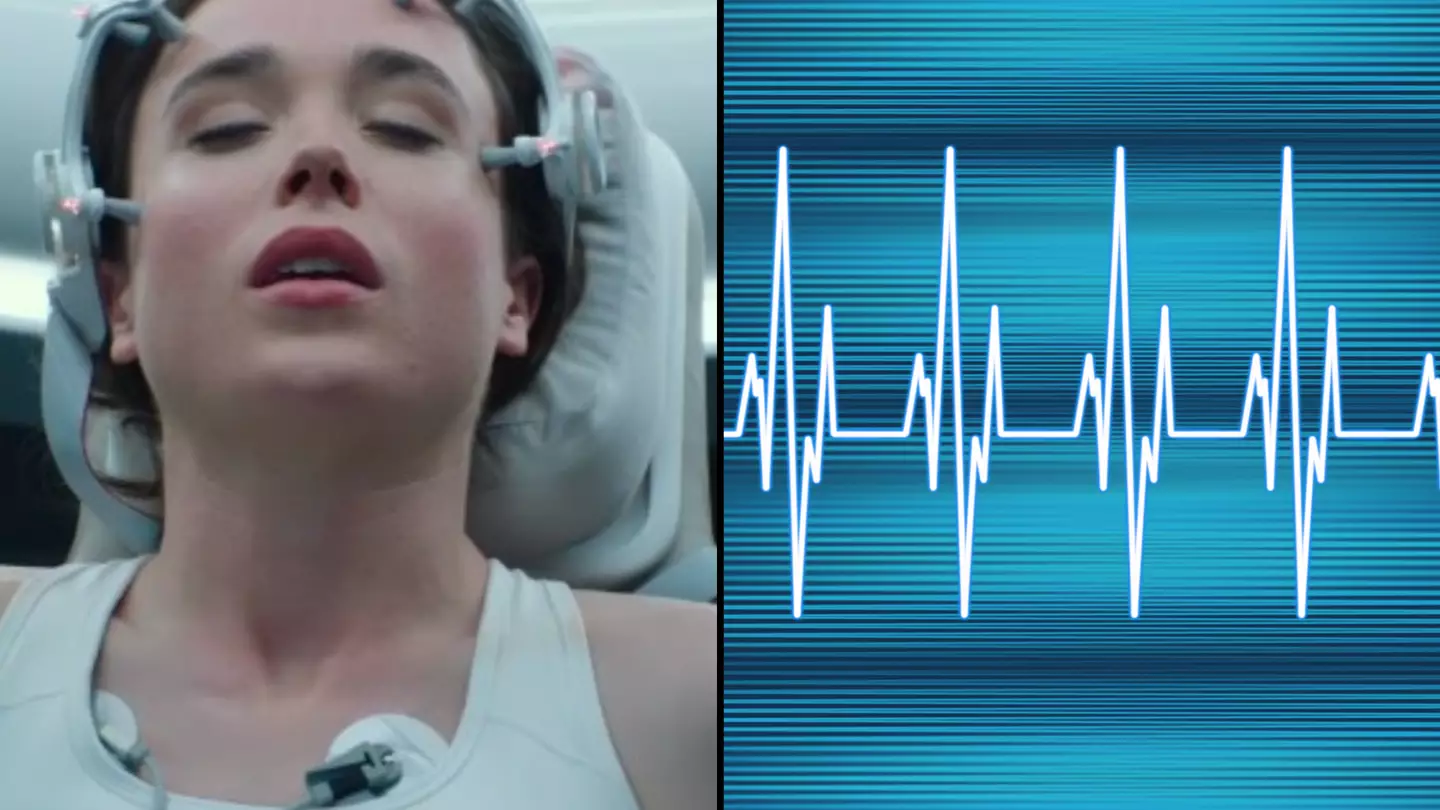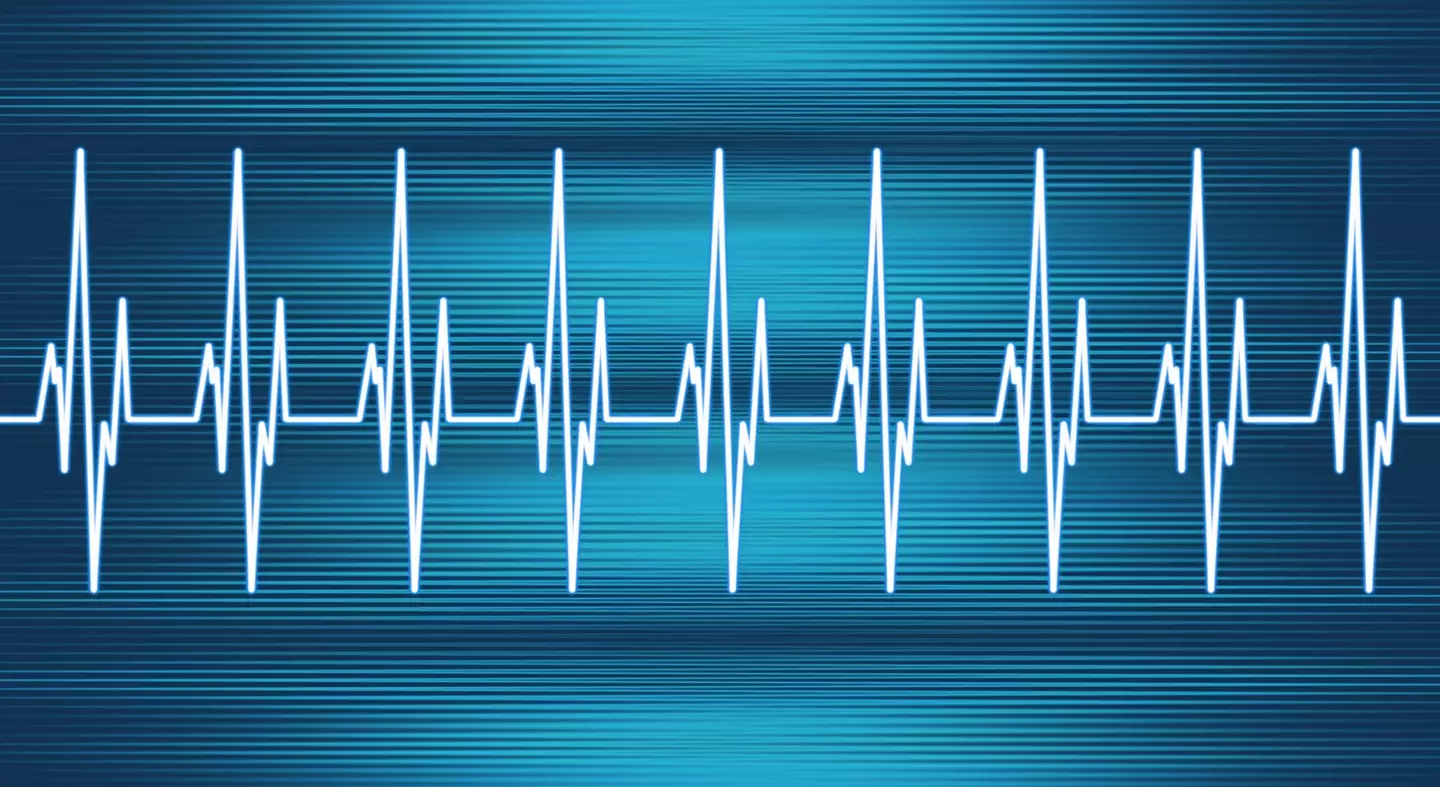
The question that no one has ever known the answer to: What happens when you die?
Heaven, hell, darkness or reincarnation, the list is endless.
As Ricky Gervais once said: "Remember, when you are dead, you do not know you are dead. It is only painful for others. The same applies when you are stupid."
Advert
Well, scientists think they might have finally solved part of the puzzle after examining the first ever recording of the moment someone dies.
Researchers in the US performed an electroencephalogram (EEG) on an 87-year-old man who suffered from epilepsy.
Basically, via the EEG test, they recorded the brain waves of the patient 15 minutes after they died from a heart attack.
An increase in brain waves known as 'gamma oscillations' was detected, which supports the idea that one's life 'flashes before their eyes'.

"Through generating oscillations involved in memory retrieval, the brain may be playing a last recall of important life events just before we die, similar to the ones reported in near-death experiences," said Dr. Ajmal Zemmar, the lead author of the study which was published in the journal Frontiers in Ageing Neuroscience.
Advert
"These findings challenge our understanding of when exactly life ends and generate important subsequent questions, such as those related to the timing of organ donation."
The study showed similar changes in brain waves between rats at the time of death - but this was the first time it has been detected in humans.
However, as with most studies, the team say that further research is needed in order to provide more conclusive claims.
It's also important to note that the data focuses on just a single case study and the patient's brain had already been damaged from epilepsy.
Advert
Therefore, professionals aren't able to conclude if the same thing would occur with a different person near the time of their death.

"Something we may learn from this research is: although our loved ones have their eyes closed and are ready to leave us to rest, their brains may be replaying some of the nicest moments they experienced in their lives," Dr. Zemmar added.
The NHS say that 'during this painless test, small sensors are attached to the scalp to pick up the electrical signals produced by the brain'.
Advert
The information page on EEG reads: "These signals are recorded by a machine and are looked at by a doctor.
"The EEG procedure is usually carried out by a highly trained specialist, called a clinical neurophysiologist, during a short visit to hospital.
"The main use of an EEG is to detect and investigate epilepsy, a condition that causes repeated seizures. An EEG will help your doctor identify the type of epilepsy you have, what may be triggering your seizures and how best to treat you."
Featured Image Credit: Columbia Pictures / Getty Stock PhotoTopics: Science, Technology